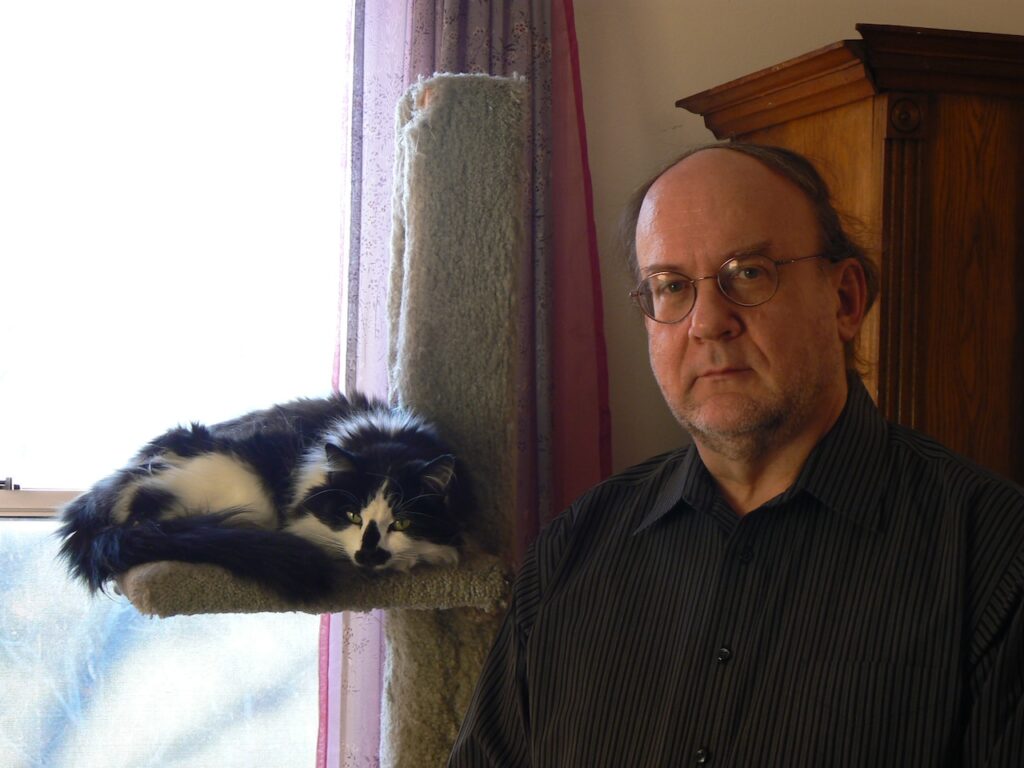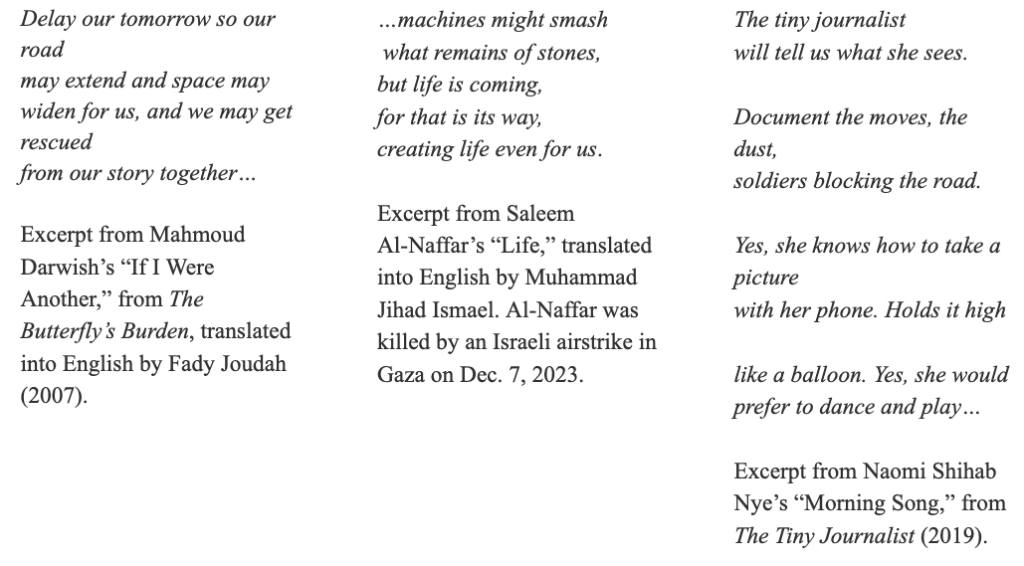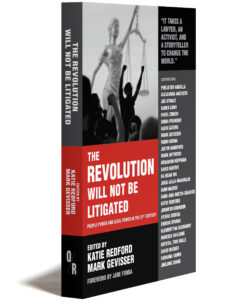By: Lillian Perez
Last semester, one of our blog staff editors, Lillian Perez, set out to discover what CUNY Law students think about being law students in this day and age.
Continue reading
By: Lillian Perez
Last semester, one of our blog staff editors, Lillian Perez, set out to discover what CUNY Law students think about being law students in this day and age.
Continue readingJared M. Trujillo
In 2005 as a high school senior in Chicago, I found myself locked in a debate with my government teacher about gay marriage. He smugly declared “It’s not discrimination! Illinois’ marriage ban prohibits gay and straight people alike from marrying someone of the same sex.” I stared at him in disbelief with a dropped jaw and furrowed brow, as I thought I was doomed to fail the AP exam with the man who made that argument as my teacher. He mistook this look as defeat. Little did I know his “equal application theory” argument had a long pedigree stretching back to Pace v. Alabama in 1883, where the Supreme Court upheld an anti-miscegenation law because it equally punished Black and white participants.
Continue readingWe, the 2024-2025 CUNY Law Review Editorial Board, stand in solidarity with the Editorial Board of the Columbia Law Review, in their publication of novel legal scholarship by Palestinian lawyer, Rabea Eghbariah. Eghbariah’s article, Toward Nakba as a Legal Concept, offers a legal analysis of “Nakba” and directly addresses the horrific history of the Nakba and the plight of the Palestinian people. We commend the student editors at Columbia for their editing and publication of a work that centers the Palestinian experience and the violence Palestinians have suffered under Zionist colonization.The article importantly speaks to the genocide that has been unfolding before our very eyes.
Given CUNY Law Review’s explicit social justice mission, it is our moral obligation to stand in solidarity with oppressed people and speak up when efforts to bring visibility to that oppression are met with censorship. Legal scholarship has historically silenced the most vulnerable and marginalized people. Censoring writers like Eghbariah is reflective of that system of oppression. We condemn the actions of Columbia Law Review’s Board of Directors in censoring and silencing the Editorial Board and Eghbariah.We also condemn the Board of Directors’ disclaimer statement and support the strike of their student editors. Shutting down the website in response to the publication of Eghbariah’s article was not only contrary to principles of academic freedom and free speech, but also contributes to the erasure of Palestinian voices amidst the genocide of their people and destruction of their land.
Censorship is a hallmark of oppression and cowardice, and it will not stifle the movement for Palestinian liberation. We acknowledge the courage of Columbia Law Review as we move forward and continue our mission of centering voices which propel social justice. Palestinian voices matter and have the right to be published.
Please read the article here.
Juliet Romeo, Esq.*
Your Honor
I hate it when you ask me
whether this argument holds water
The ocean has no container
and it is the truest thing I have ever seen
Nick Leiber

John Boston is one of America’s leading prisoners’ rights litigators and co-author of the bestselling Prisoners’ Self-Help Litigation Manual, which has aided countless incarcerated individuals and attorneys navigating the U.S. civil litigation system. As the former director of the Prisoners’ Rights Project of the Legal Aid Society of New York City, Boston helped bring landmark cases against officials who violated the rights of incarcerated people in New York State’s jails and prisons. Boston’s other book, PLRA Handbook: Law and Practice Under the Prison Litigation Reform Act, helps incarcerated litigants avoid pitfalls imposed by the federal statute. He is working on a fifth edition of the Prisoners’ Self-Help Litigation Manual with co-author Dan Manville. Boston, who joined Legal Aid in 1976, retired in 2016, and continues as a volunteer, spoke with CUNY Law Review Digital Editor Nick Leiber about his life’s work, strategies for obtaining justice for incarcerated individuals, and what brings him hope. This interview has been edited and condensed for length and clarity.
Continue reading
Leora Johnson and Salimah Khoja*
Editors-in-Chief, CUNY Law Review
It has been a devastating few months for all human beings invested in collective justice, liberation, and freedom–from Palestine and Israel, to our very own neighborhoods across the U.S. and the world.
These moments simultaneously prompt our sustained solidarity with Palestinian life and liberation in the face of occupation, distinct from any endorsement of Hamas’s attacks on October 7, 2023; grief and outrage over the killing of more than 1,200 people in Israel and kidnapping of 240 more in those attacks; further grief and outrage over Israel’s military assault in Gaza and recently in the West Bank, killing more than 23,000 Palestinian people, with many more presumed dead, injuring over 59,000 more, and displacing over 90% of Gaza’s population of 2.3 million at grave risk of genocide; grief and outrage at the upsurge of antisemitic and Islamophobic violence and rhetoric across the world; and grief through a continued reckoning with more than 75 years of historical and political context.
The editors of this journal have come together with the editors of journals across the country to demand compensation for the work we do to publish legal scholarship. Our demand rests on one fundamental principle: Uncompensated labor is wrong. In the below, Journal Work Essay, we expand on this argument and present other important supporting principles.
We are all students at institutions that purport to educate in the furtherance of justice. Our journals believe compensated labor is a core tenet of justice, and we hope our schools share this belief. Despite the American Bar Association’s urging for journal members to receive credit or compensation, and despite a growing list of schools who have done so in recent years, many of our institutions remain woefully behind.
We publish this editorial to shed light on how uncompensated labor affects students, journals, the legal industry, and academia. We want to highlight the profound contradictions between the beliefs law schools espouse with respect to justice and diversity and the academic world they have created. At its core, this statement is a call for solidarity and action—from universities, journals, and others.
Nick Leiber
The current situation in Gaza is horrifying and dire, even more so than it has been over the last several decades. Following Hamas militants killing over 1,200 people in Israel and taking roughly 240 people hostage on Oct. 7, Israel’s military has killed more than 12,000 Palestinians, NPR reported. United Nations experts are warning of “a genocide in the making.” The history of Israel’s occupation of Gaza and the West Bank adds crucial context.
CUNY Law Review’s central mission is to publish legal scholarship to “address the consequences of structural oppression, and to challenge these structures.” As a CUNY Law Review editor helping to realize this mission, I see it as aligning with Palestinian self-determination and opposition to the occupation and Israel’s warfare. With this in mind, and to help me understand the promises and the failures of domestic and international law in addressing the atrocities and their aftermath, the work of legal scholars and practitioners has been helpful.
Nick Leiber
How can attorneys, activists, and others work together to fight more effectively for social justice? An upcoming panel discussion at CUNY Law School seeks to answer this question as the realities of potential genocide in Gaza, climate crisis disasters around the world, and the gun violence epidemic in the U.S. spark despair, anger, and action. Panelists will share examples of collaboration that made a difference against seemingly intractable problems.